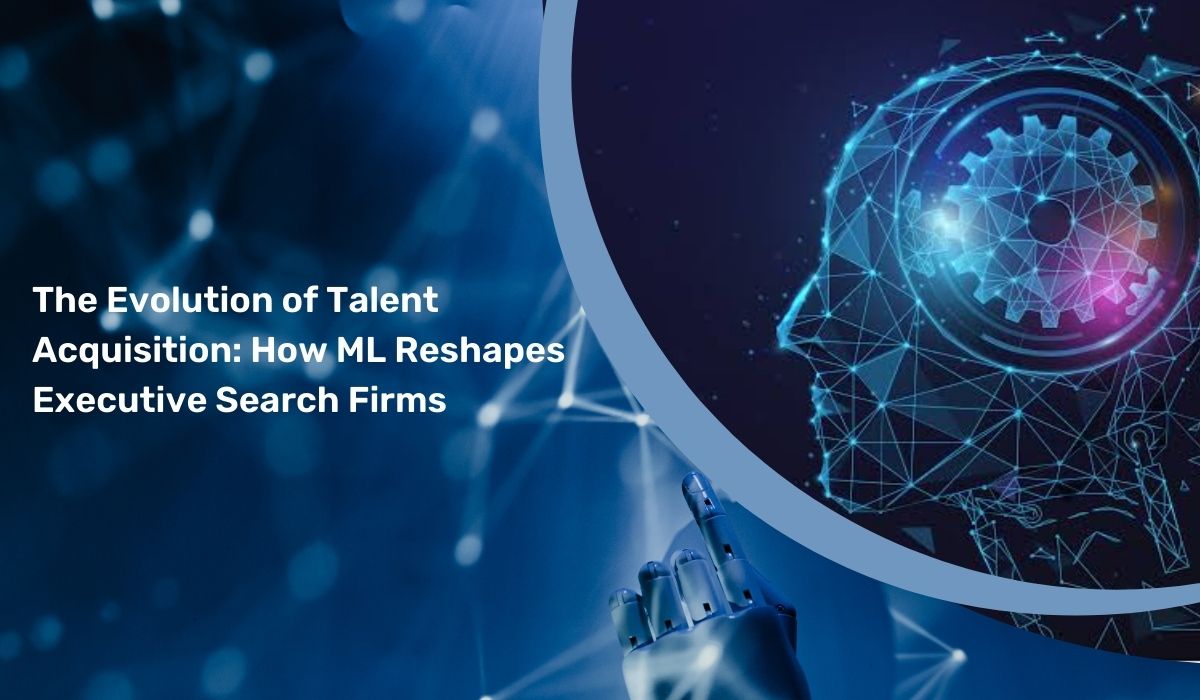
In today's competitive job market, traditional hiring methods are being left behind as organizations seek faster and more efficient ways to find top talent. With the rise of "The Great Resignation" trend, the pressure is on for businesses to adapt their recruitment strategies. A Microsoft study conducted in 2021 revealed that 41% of workers were considering changing professions, a trend that has persisted into 2023, presenting a significant challenge for employers.
Enter technological advancements, which are revolutionizing the talent acquisition process. Artificial intelligence (AI), machine learning, and data analytics have replaced conventional methods, particularly in executive search firms. These technologies enable rapid analysis of large volumes of candidate data, streamlining the screening process and freeing up recruiters to focus on more strategic tasks such as understanding client needs and interacting with applicants.
The adoption of AI and machine learning has propelled executive search firms into a new era of innovation. By analyzing resumes, profiles, and various candidate data, these technologies help recruiters quickly identify the most suitable candidates for specific roles. Moreover, AI-driven sourcing allows for a more comprehensive search by considering variables beyond traditional CVs, such as digital footprints and personality traits derived from online interactions. As the digital shift continues to reshape the recruitment landscape, organizations must adapt their strategies to remain competitive in attracting top talent.